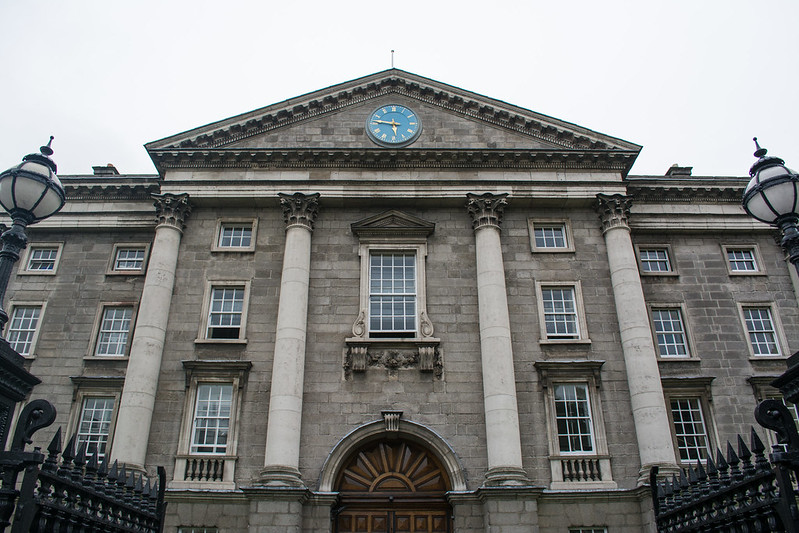Trinity’s COVID-19 working groups will no longer meet on a weekly basis “given the continued positive COVID outlook”, and will convene only as required.
College set up a number of committees in early 2020 to make decisions on the evolving pandemic and its effect on campus activities.
The subcommittees fed into the Trinity Living with COVID committee, which authorised decisions to be signed off by the Provost’s office each week.
In an email statement to The University Times, Trinity Media Relations Officer Catherine O’Mahony said: “At the Trinity Living with Covid meeting last week, a decision was taken that weekly meetings of all Covid committees would cease and that meetings will only be convened as required given the continued positive COVID outlook.”
The committees were responsible for decisions which defined campus life for over two years, such as the decision to close the College, the introduction of mitigation measures for exams and the changing rules for which lectures can be held in person, and which must be held online.
Trinity was the first college in Ireland to close when the coronavirus arrived in the country in March 2020.
College was closed to the public for over a year, with students and staff being required to show ID to enter campus.
Despite hopes that students would be able to return to in-person learning for the 2020/21 academic year, the majority of students spent the entire year online.
At the start of the following academic year, Trinity was criticised for retaining online learning for most students while other colleges were back in person.
In September, around 200 students gathered Front Square to protest the continuation of online teaching, chanting “let us in” and “face to face”.
Organised by student campaign groups Students4Change and TCD F2F, various speakers rallied the crowd and claimed students had been misled and robbed of their college experience.
Campus re-opened to the public the following month, around the same time social distancing was scrapped in College.
Trinity also courted controversy at the end of 2020 with its decision to hold some exams in person. Some students called for all assessments to be moved online due to the rapid spread of the Omicron variant at the time.







